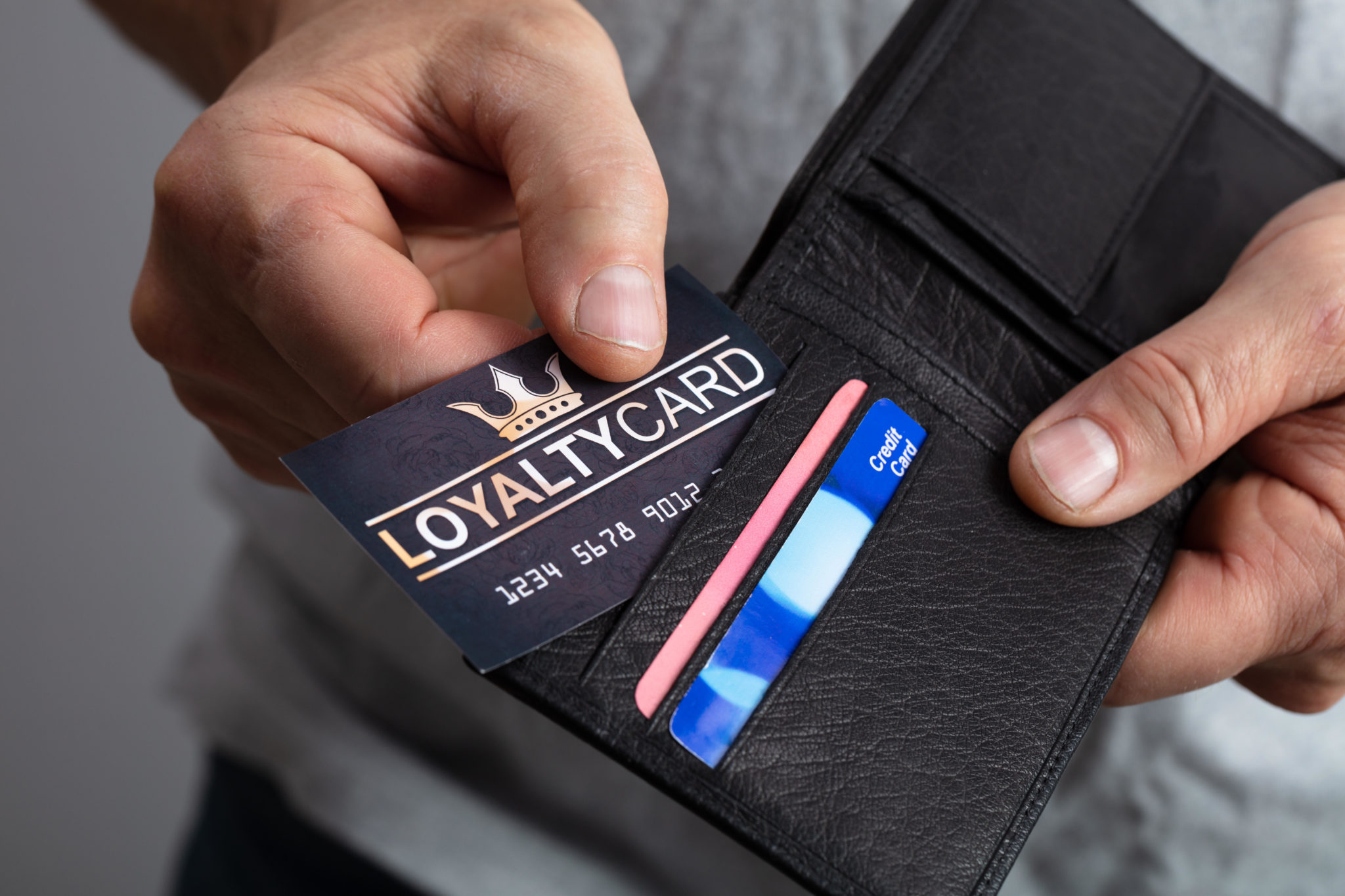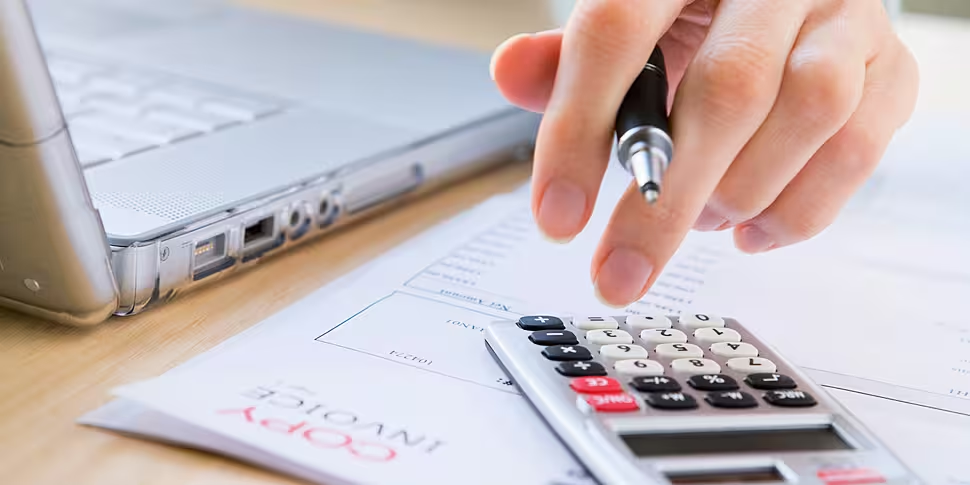Finance expert Sinead Ryan joins Lunchtime Live to share her top tips for getting on the road to financial freedom in 2022.
When it comes to planning for the year ahead, New Year’s resolutions can help start us all off on the right foot. Along with health and wellbeing, getting on top of our finances is usually a top priority.
Whether it’s saving more or spending more wisely, adopting good money habits now will literally pay off by the end of the year.
To help kickstart your year of good financial habits, Lunchtime Live has welcomed financial expert and presenter of The Home Show, Sinead Ryan, to talk about all-things personal finance.
Here are some of Sinead’s top tips for making savings:
There could be value in overpaying your mortgage
Mortgage debt is actually classed as good debt. How? It is a rare example of a low interest and asset-backed loan. But even though it’s already low interest, there are still some potential savings to be made if you have some extra cash you can put towards the mortgage.
For example, if you have a variable rate mortgage, you could lower both your monthly repayments and the term of your mortgage by overpaying either as a once-off lump sum or as part of your regular repayment schedule. However, if you have a fixed rate mortgage, your bank may actually charge a penalty for overpaying so it is worth looking into your agreement to see if there is value in making that additional payment for you.
 BWGAM1 House with SOLD notice
BWGAM1 House with SOLD noticeAnother benefit of overpaying your mortgage that Sinead highlights is the possibility to lower your loan-to-value ratio and in turn the bank may lower the amount of interest you are paying on your mortgage for the remainder of the term.
Get rewarded and save money with loyalty programmes
Whether it's a free coffee or club card points, it might feel like you can’t spend money anywhere these days without being offered a loyalty scheme. In reality, not all loyalty programmes are created equally – some offer better value and savings than others.
For example, the well-known Boots Advantage Card is a loyalty scheme that offers good value and savings for consumers. Whereas, a coffee shop offering one free coffee after you've already bought ten others isn't actually great value because you have to spend significantly more than the cost of the single free coffee to be entitled to it.
As Sinead says, the best way to take advantage of loyalty programmes is to not be loyal at all and join every scheme relevant to you and where you spend your money.
Most supermarkets offer a points-based rewards system, giving one point for every one euro spent and sending vouchers out at set intervals throughout the year. However, the true value in these schemes comes in the extra offers you get, like Dunnes Stores' now infamous €10 off €50 voucher.
 RJWG3C Close-up Of A Person's Hand Removing Black Loyalty Card From Wallet
RJWG3C Close-up Of A Person's Hand Removing Black Loyalty Card From WalletOther loyalty schemes have connections with third party reward partners that will allow you to convert your points to more than their monetary worth, like discounted hotel stays.
There are great benefits to be had but as Sinead points out, it’s not a bargain if you wouldn’t have bought it anyway!
Make a budget
Having a clear overview of your income and outgoings for the year is a great starting point. Your first step should be to look at your debt and separate what you owe into good debt and bad debt.
One of the most common examples of bad debt is credit cards. You can be charged high interest on credit card purchases and most people are only making the minimum monthly repayments. By simply paying more than the minimum requirement each month, you could free yourself of this bad debt much quicker.
If you need help to stop using your credit card, Sinead suggested chopping the card in half horizontally so you can still see the details but it can't be used in physical stores. Or you can even freeze the card in a lunchbox so you would need to defrost it before making any purchases, leaving time for more thinking before buying and less impulse shopping.
On top of managing debt, budgeting is important when it comes to financial security. Sinead suggests sitting down and categorising your outgoings at the beginning of the year or each month so you can get a clearer picture of just how much you have going out and what your true disposable income is.
Don’t know where to start? Grab your pen and paper and start your budget using this template outlined by Sinead:
- Known expenses: These are your fixed outgoings, like car insurance, utility bills, mortgage and loan payments, etc.
- Walking around money: This is the money you spend every week on things like groceries, transport, coffees, etc. You should get an average for this type of spending by reviewing a weekly or monthly bank statement.
- Your known unknowns: These are the expenses you know you will have coming up throughout the month or year but they are not regular. This could include things like your hair appointments, the dentist, holidays, etc.
Once you have all of these expenses noted and categorised, you will have a very clear overview of what you are spending your money on, making it easier to plan and save.
It’s easy to find excuses for not spending time reviewing our finances or making the effort to improve them. But the sooner you get started, the more time your money has to grow and the more money you can save for a rainy day or use to help clear your debt.
For more information and to take the first steps towards freedom from debt visit https://backontrack.ie, contact a Personal Insolvency Practitioner or text GETHELP to 50015 for a call back










